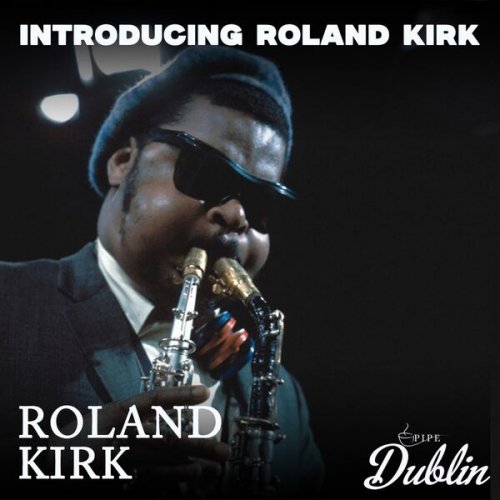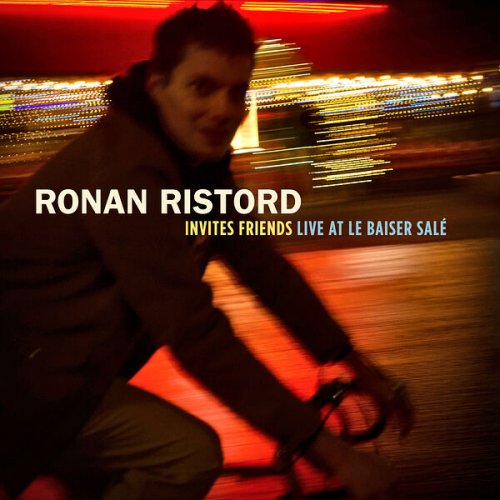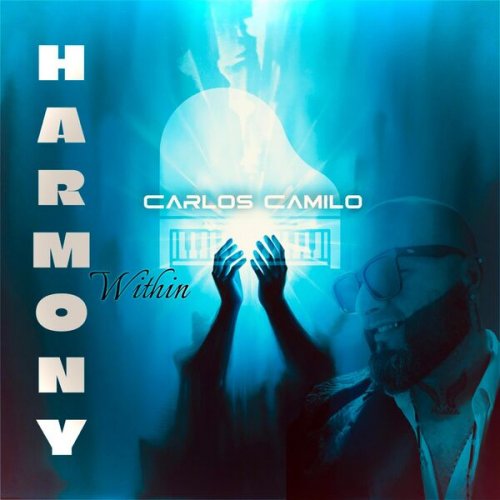Jordi Savall - The Routes of Slavery (2017) [Hi-Res]
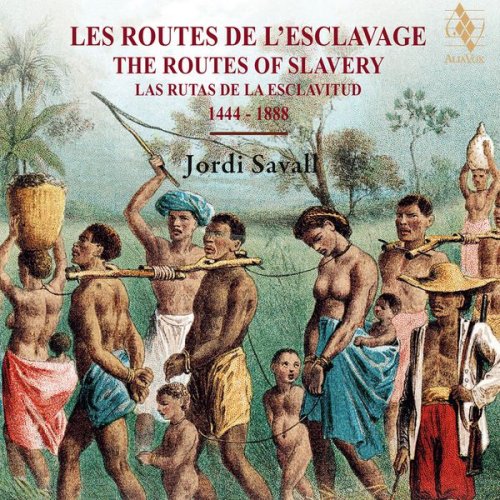
Artist: Jordi Savall, Tembembe Ensamble Continuo, La Capella Reial De Catalunya, Hespèrion XXI, Kassé Mady Diabaté, Mamani Keita, Nana Kouyate, Tanti Kouyaté, Driss El Maloumi, Ballaké Sissoko & Rajery
Title: Tembembe Ens. Continuo, Hespèrion XXI, Jordi Savall
Year Of Release: 2017
Label: Alia Vox
Genre: Classical
Quality: flac lossless / flac 24bits - 96.0kHz +Booklet
Total Time: 02:07:27
Total Size: 698 mb / 2.4 gb
WebSite: Album Preview
TracklistTitle: Tembembe Ens. Continuo, Hespèrion XXI, Jordi Savall
Year Of Release: 2017
Label: Alia Vox
Genre: Classical
Quality: flac lossless / flac 24bits - 96.0kHz +Booklet
Total Time: 02:07:27
Total Size: 698 mb / 2.4 gb
WebSite: Album Preview
---------
01. Artistote: "L’humanité est divisée en deux : Les maîtres et les esclaves" / Musique: Percussions
02. Kora et Valiha
03. Djonya (Introduction)
04. La Negrina / Gugurumbé
05. Vida ao Jongo (Jongo da Serrinha)
06. Récit: 1505. Le roi Ferdinand le Catholique écrit une lettre à Nicolas de Ovando / Musique: Guitare (Romanesca)
07. Tambalagumbá (Negrilla à 6 v. et bc.)
08. Velo que bonito (ou San Antonio) [Chant sacré]
09. Manden Mandinkadenou (Chant de griot)
10. Récit: 1620. Les premiers esclaves africains arrivent dans les colonies anglaises.
11. Canto de Guerreiro (Caboclinho paraibano)
12. Kouroukanfouga (Instrumental) [Anonyme (Mali)]
13. Récit: 1657. Richard Ligon publie Histoire Vraie et exacte de l’Île de la Barbade à Londres / Musique: Percussions
14. Son de la Tirana: Mariquita, María
15. Antoniya, Flaciquia, Gasipà (Negro à 5)
16. Récit: 1661. Les Châtiments des esclaves dans le « Code de l’Esclavage de la Barbade » / Musique: Tambours très lents
17. Sinanon Saran (Chant de griot)
18. Récit: 1685. Le « Code Noir » promulgué par Louis XIV s’est imposé jusqu’à 1848 / Musique: Kora et Oud
19. Les Indios: ¡Fuera, fuera! ¡Háganles lugar!
20. Saí da casa (Ciranda)
21. Récit: 1748. Montesquieu « De l’esclavage des nègres » / Musique: Marimba
22. Véro (Instrumental)
23. El Torbellino
24. Gulumbé: Los coflades de la estleya
25. Récit: 1782. L’esclave Belinda demande au Congrès du Massachusetts une pension en guise de réparation après une vie de labeur / Musique: Oud
26. Sanjin (Chant de griot)
27. La Iguana (Son jarocho)
28. Récit: 1848. Décret sur abolition de l’esclavage / Musique: Kora et Valiha
29. Tonada El Congo: A la mar me llevan
30. Bom de Briga (Maracatu e Samba)
31. Récit: 1963. Martin Luther-King « Pourquoi nous ne pouvons pas attendre » / Musique: Percussions
32. Dan Massa Woulanba
33. Guaracha: Ay que me abraso
Jordi Savall is among the leading instrumentalists and conductors of the European early music scene, specializing in Renaissance and medieval music. He began studying music when he was six, learning cello and pursuing that instrument at the Barcelona Conservatory. He took an interest in early music, and began learning the viola da gamba. That instrument possesses approximately the same range and similar playing technique as the cello, but instead of being a member of the violin family is part of the related, older family of stringed instruments, the viol family, visually most easily distinguished from their cousins by their sloping shoulder lines. As its name denotes, the instrument, smaller than a cello, is ordinarily held in the lap. Savall also gained proficiency in the various members of the viola family. He studied that instrument and early music research and practice with Wieland Kuijken in Brussels and August Wenziger at the Schola Cantorum Basiliensis in Basel, obtaining a diploma as soloist and professor in 1970. In 1973 he succeeded to Wenziger's position. In 1968 he had married the soprano Montserrat Figueras, who shared his interest in early music. With her and other musicians interested in early Spanish music, he founded in 1974 the ensemble Hespèrion XX. The ensemble took its name from an ancient name for the Western European region from Italy to Iberia; Hespèrion was also a name for Venus as the Evening Star (in which aspect it appears only in the western skies). He and Hespèrion XX quickly became well known in early music circles. They created a unique sound through the use of viols and other medieval instruments such as the psaltery, wooden flutes, Moroccan drums, and the Afghan rebec (a double-reed ancestor of the oboe). All these instrument are known to have been used by medieval musicians, particularly in the Mediterranean region. Savall became internationally known through his playing on the soundtrack of Alain Corneau's film Tous les Matins du Monde (All the Mornings of the World), concerning the French viol players of the Baroque era. Savall has extended his area of musical interest into the Baroque, leading performances of Orfeo by Monteverdi and Il Burbero de Buion Cuore by Martin y Soler, and in the late 1990s conducted Beethoven's Eroica symphony with Le Concert des Nations (a group he founded in 1989 for Baroque music), winning praise for his well-researched and groundbreaking interpretation. He also founded Le Capella Reial de Catalunya in 1987, an ensemble of instrumentalists and vocal soloist. He has recorded around a hundred releases, mostly on the Astrée Auvidis label, receiving the Diapason d'Or award.
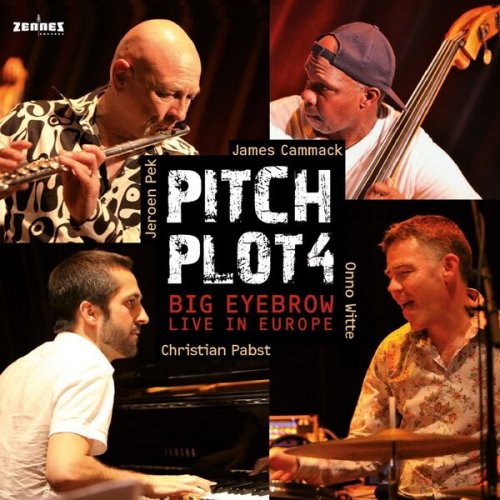
![Bobby Hutcherson - Components (1965) [LP] Bobby Hutcherson - Components (1965) [LP]](https://www.dibpic.com/uploads/posts/2026-02/1770471883_front.jpg)
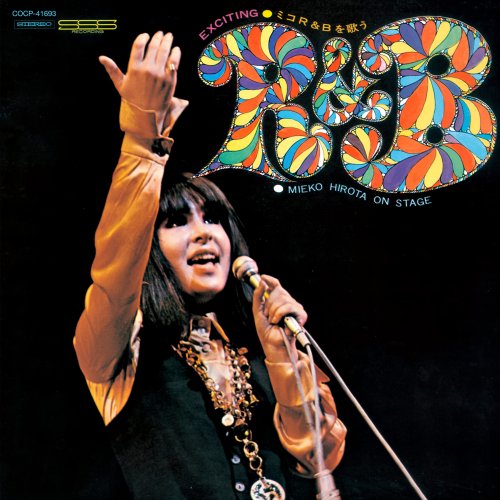
![Calibro 35 - Exploration (Deluxe Edition) (2026) [Hi-Res] Calibro 35 - Exploration (Deluxe Edition) (2026) [Hi-Res]](https://www.dibpic.com/uploads/posts/2026-02/1770195253_prs31td9h1vkc_600.jpg)
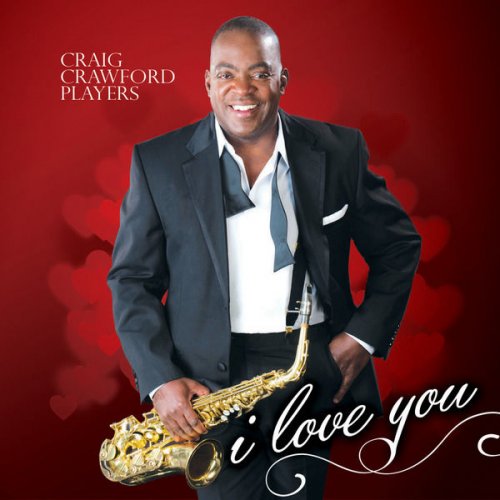
![Angelo Moore - The Medicine Cabinet (2026) [Hi-Res] Angelo Moore - The Medicine Cabinet (2026) [Hi-Res]](https://www.dibpic.com/uploads/posts/2026-02/1770633721_61lemna6xtl.jpg)
